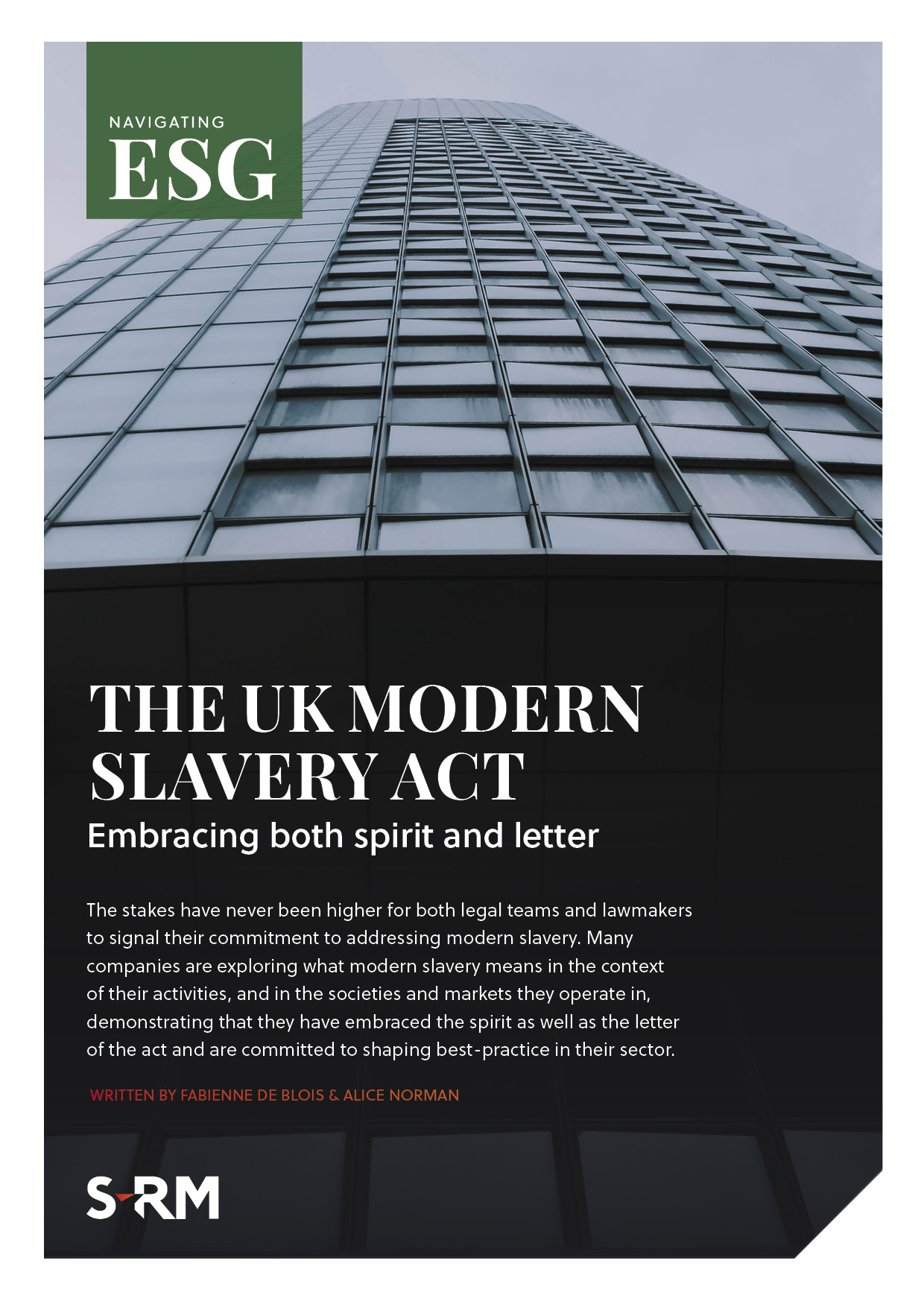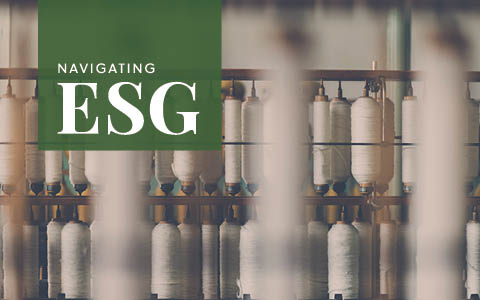The stakes have never been higher for both legal teams and lawmakers to signal their commitment to addressing modern slavery. Many companies are exploring what modern slavery means in the context of their activities, and in the societies and markets they operate in, demonstrating that they have embraced the spirit as well as the letter of the act and are committed to shaping best-practice in their sector.
Momentum to strengthen the UK’s 2015 Modern Slavery Act is growing. Its spirit was perhaps best summed up six years ago by the UK’s then home secretary with the oft-quoted statement “it is simply not acceptable for any organisation to say, in the twenty-first century, that they did not know”.
Today, the question for in-house legal teams across all sectors in the UK is not whether the act’s spirit remains relevant for businesses, but when and how secondary legislation will be passed to strengthen its practical mechanisms, particularly those that obligate businesses to explore and report on modern slavery in their operations and supply chains.
At the same time, mounting pressure from stakeholders is pushing UK firms to recognise and articulate modern slavery in terms that are relevant to their operations and impactful for the societies in which they operate.
In this article, we explore how businesses can ensure their existing modern slavery commitments are meaningful and feasible to stakeholders, ready themselves for future legal and regulatory developments, and demonstrate that they are helping to define best practice globally.






 Email Fabienne
Email Fabienne





 @SRMInform
@SRMInform
 S-RM
S-RM
 hello@s-rminform.com
hello@s-rminform.com

